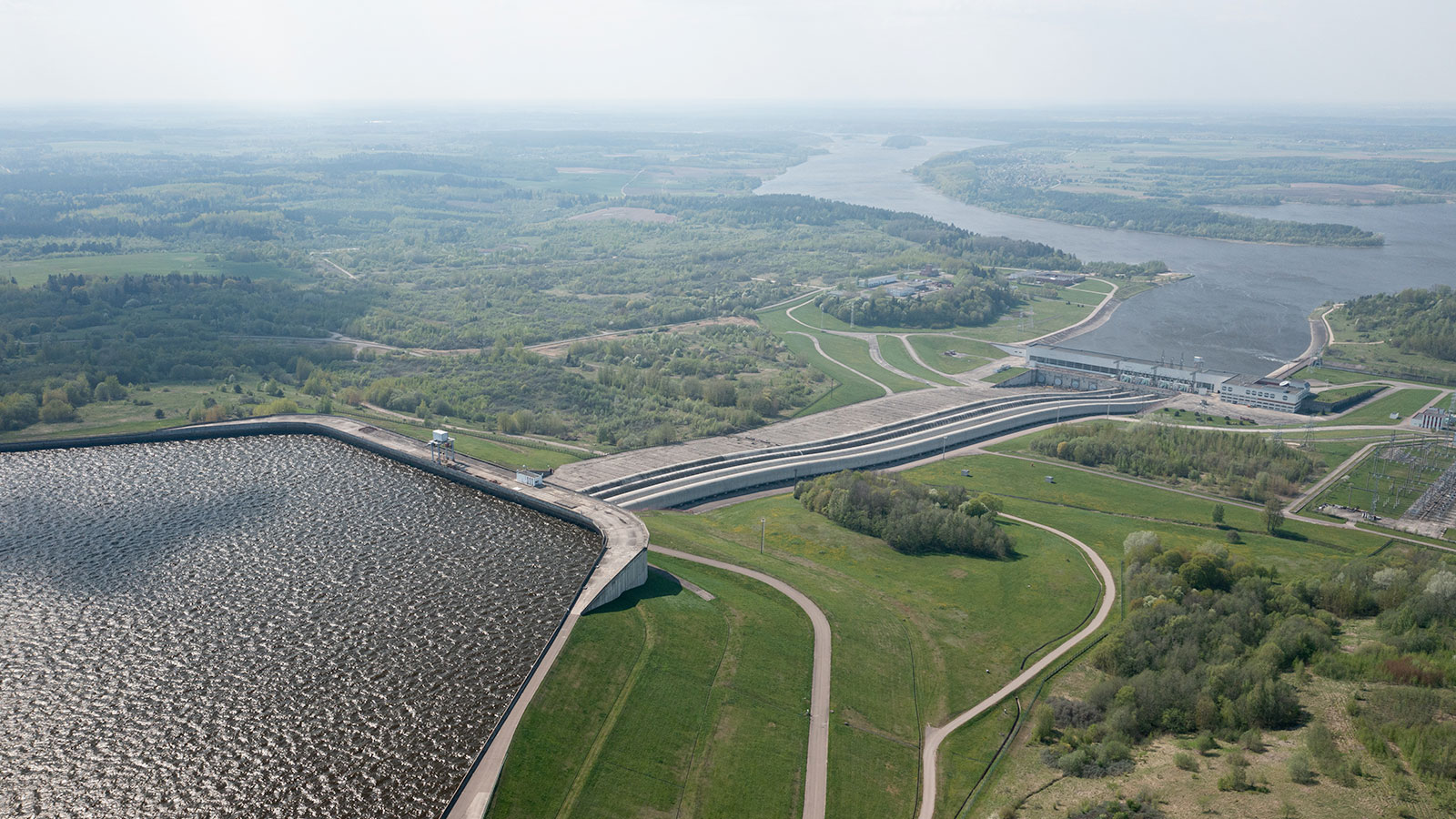The UK Government has unveiled a new scheme aimed at increasing investment in long-duration energy storage technologies, with the intention of strengthening energy independence, creating jobs, and advancing the country’s clean energy objectives.
The long-duration energy storage (LDES) investment support scheme is designed to remove long-standing barriers that have hindered the development of new energy storage capacity for nearly four decades. By facilitating the construction of backup renewable energy infrastructure, the scheme seeks to enhance the stability and reliability of the UK’s energy supply.
LDES technologies function similarly to large-scale batteries, storing renewable energy and discharging it to the grid and households as required. This includes methods such as pumped storage hydro, which involves pumping water to a reservoir during periods of excess energy generation and releasing it to generate electricity when needed.
Government officials have highlighted that a consistent supply of domestically produced clean energy will bolster the UK’s energy independence and shield consumers from fluctuations in global gas markets. Historically, high initial costs have deterred investment in this infrastructure, despite the relatively low operating expenses associated with energy storage systems.
The newly announced investment support scheme is expected to enhance investor confidence and unlock billions of pounds in funding for essential projects. These initiatives could create thousands of jobs and contribute to the UK’s progress towards its net zero targets, according to the Department for Energy Security and Net Zero.
This announcement of the new investment scheme came as the Government prepared its International Investment Summit, which aims to attract companies from across the globe to invest into the UK.
Michael Shanks, Minister for Energy, commented, “We are wasting no time in unlocking Britain’s vast renewable potential by expanding wind and solar power. But we also need to increase our ability to store this energy for when the sun isn’t shining, or the wind isn’t blowing.
“We’re reversing a legacy that has seen no new long duration storage built for 40 years – and taking steps to unleash private investment in both established and new technologies.
“With these projects storing the surplus clean, homegrown energy produced from renewable sources, we can boost our energy security by relying less on fossil fuels, protect household bills, and help deliver our key mission to make Britain a clean energy superpower.”
The scheme follows a consultation earlier this year that proposed a ‘cap and floor’ model to encourage LDES investment. Under this model, developers would receive a guaranteed minimum income in exchange for limiting their revenues. Ofgem has agreed to oversee the scheme and manage its implementation, with the first application round anticipated to open next year.
Currently, Great Britain has 2.8 GW of LDES across four existing pumped storage hydro schemes located in Scotland and Wales. Additional technologies such as liquid air energy storage, compressed air energy storage, and flow batteries are in development and stand to benefit from the new investment support.
Analyses suggest that deploying 20 GW of LDES could result in system savings of £24 billion between 2025 and 2050, primarily by reducing household energy bills through increased availability of renewable energy during peak demand periods. The National Electricity System Operator estimates that between 11.5 and 15.3 GW of LDES will be necessary by 2050 to achieve the UK’s net zero goals.
Several projects are currently underway, with some expected to become operational by 2030. The investment support scheme is intended to facilitate their development.
Ofgem will design the investment support scheme, which will be divided into two application routes: one targeting mature technologies and the other focused on new innovations.
Beatrice Filkin, Director of Major Projects at Ofgem, commented, “We are pleased to see the government’s publication on its plans for long duration electricity storage. Unlocking investment in this important technology is another significant step towards decarbonisation of the power system.
“We are looking forward to continuing to work closely with the government as we take on the role of regulator and investment support scheme delivery body for the sector.”

